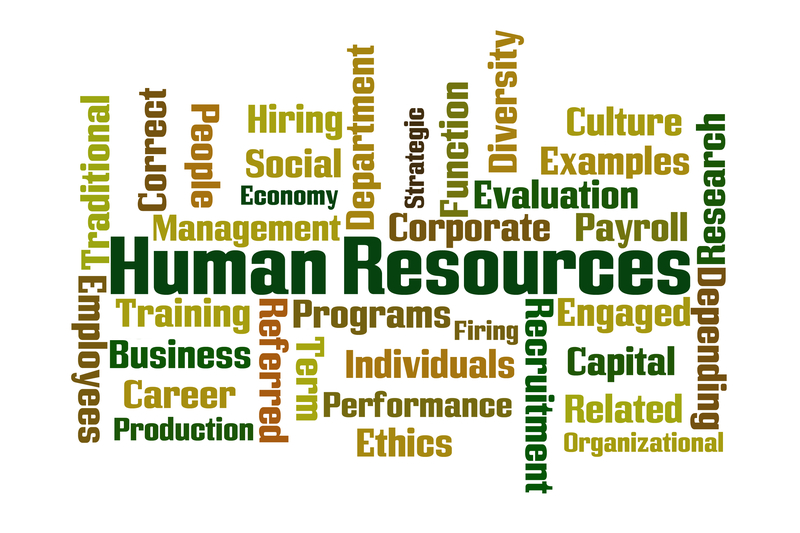In the dynamic landscape of business, having an efficient and dedicated human resources (HR) department is crucial for the smooth operation and growth of your company. An HR manager plays a pivotal role in various aspects of your business, from onboarding new employees to managing conflicts.
Onboard New Employees
Onboarding new employees is a critical process that sets the tone for their journey within your company. An HR manager streamlines this process by ensuring that new hires are properly integrated into the organization. From explaining company policies and procedures to introducing them to the company culture, an HR manager helps new employees feel welcomed and informed. The onboarding process should start before a potential employee is even hired. This includes creating an in-depth job description and conducting thorough interviews to make sure the candidate is a good fit for the company. Once they’re hired, HR managers can help employees learn their duties and responsibilities by providing them with detailed job descriptions, training materials, or other resources as needed. They should also be available to answer any questions or provide assistance during the transition period. By taking the time to ensure a smooth onboarding process, HR managers can help create a pleasant work environment for employees and make sure everyone is working towards the same goals.
Take Care of Payroll
Payroll management is a complex and time-consuming task that requires precision and compliance with tax and labor laws. Outsourcing this function to an HR manager can save you valuable time and resources. Professionals can ensure payroll gets processed accurately and on time. They can also stay updated on tax regulations, deductions, and benefit plans, ensuring your employees are compensated correctly and all legal obligations are met. By outsourcing payroll, you can free up resources and time to focus on other areas of your business. You may also find that an HR manager has access to more comprehensive software and better employee benefits than if you managed payroll in-house. A good payroll system can help you stay organized and ensure accurate payments to employees. A well-managed payroll system will provide peace of mind for both employers and employees alike.
Manage Conflicts
Office conflicts can arise from various sources, and addressing them effectively is essential to maintaining a healthy work environment. An HR manager acts as a mediator in resolving conflicts and promoting a harmonious atmosphere. By providing a confidential platform for employees to voice their concerns, an HR manager can help prevent issues from escalating. They can implement conflict resolution strategies that encourage open communication and mutual understanding. Developing a clear workplace policy is key to preventing and managing conflicts. Guidelines should be established for acceptable behavior, and employees should be made aware of the consequences if they violate them. An open-door policy encourages employees to speak up if they encounter any issues in the workplace. This can help build trust between managers and their teams, fostering a more collaborative and productive work environment.
By cultivating a thriving work environment, an HR manager can ensure that employees feel valued and supported. When making decisions to improve your business’s efficiency and enhance employee satisfaction, it is crucial to recognize the vital role an HR manager plays in achieving these goals.
Did You Enjoy Reading This Article? Here’s More to Read: Areas of Compliance Your Business Needs to Prioritize

